
Filter News
Area of Research
News Topics
- (-) High-Performance Computing (33)
- (-) Physics (14)
- 3-D Printing/Advanced Manufacturing (20)
- Advanced Reactors (3)
- Artificial Intelligence (26)
- Big Data (10)
- Bioenergy (22)
- Biology (29)
- Biomedical (7)
- Biotechnology (6)
- Buildings (14)
- Chemical Sciences (24)
- Clean Water (5)
- Climate Change (31)
- Composites (6)
- Computer Science (23)
- Coronavirus (4)
- Critical Materials (6)
- Cybersecurity (9)
- Decarbonization (30)
- Education (3)
- Emergency (1)
- Energy Storage (21)
- Environment (43)
- Exascale Computing (15)
- Fossil Energy (2)
- Frontier (19)
- Fusion (9)
- Grid (16)
- Hydropower (3)
- Irradiation (2)
- Isotopes (11)
- Machine Learning (15)
- Materials (59)
- Materials Science (16)
- Mathematics (2)
- Mercury (2)
- Microelectronics (2)
- Microscopy (7)
- Molten Salt (1)
- Nanotechnology (7)
- National Security (21)
- Net Zero (5)
- Neutron Science (32)
- Nuclear Energy (21)
- Partnerships (24)
- Polymers (4)
- Quantum Computing (12)
- Quantum Science (9)
- Renewable Energy (2)
- Security (3)
- Simulation (29)
- Software (1)
- Space Exploration (4)
- Summit (9)
- Sustainable Energy (17)
- Transportation (18)
Media Contacts
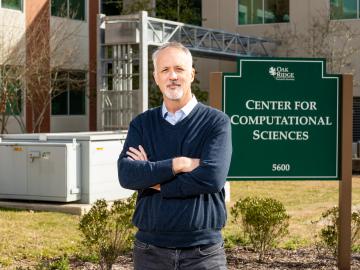
The Oak Ridge Leadership Computing Facility’s Matt Sieger has been named the project director for the OLCF-6 effort. This next OLCF undertaking will plan and build a world-class successor to the OLCF’s still-new exascale system, Frontier.
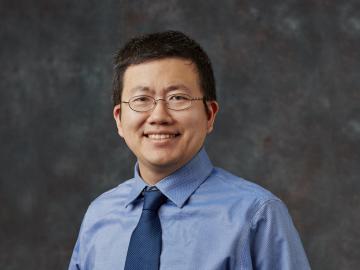
Shih-Chieh Kao, manager of the Water Power program at ORNL, has been named a fellow of the American Society of Civil Engineer’s Environmental & Water Resources Institute, or EWRI.
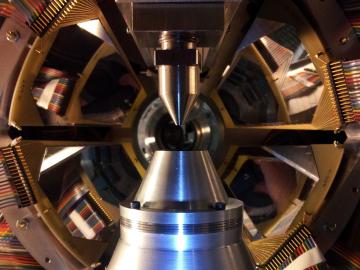
Led by Kelly Chipps of ORNL, scientists working in the lab have produced a signature nuclear reaction that occurs on the surface of a neutron star gobbling mass from a companion star. Their achievement improves understanding of stellar processes generating diverse nuclear isotopes.
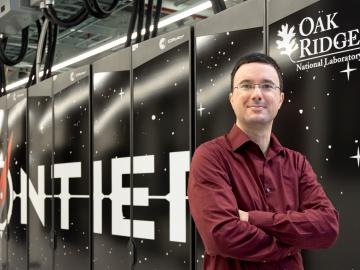
As renewable sources of energy such as wind and sun power are being increasingly added to the country’s electrical grid, old-fashioned nuclear energy is also being primed for a resurgence.
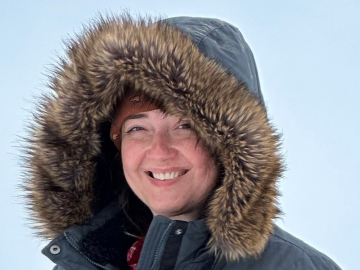
Colleen Iversen, ecosystem ecologist, group leader and distinguished staff scientist, has been named director of the Next-Generation Ecosystem Experiments Arctic, or NGEE Arctic, a multi-institutional project studying permafrost thaw and other climate-related processes in Alaska.
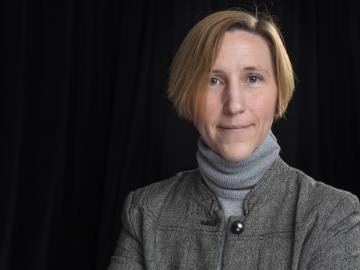
Kelly Chipps, a nuclear astrophysicist at ORNL, has been appointed to the Nuclear Science Advisory Committee, or NSAC. The committee provides official advice to DOE and the National Science Foundation, or NSF, about issues relating to the national program for basic nuclear science research.
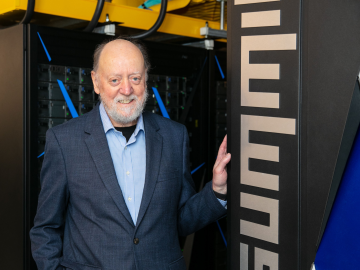
Computing pioneer Jack Dongarra has been elected to the National Academy of Sciences in recognition of his distinguished and continuing achievements in original research.
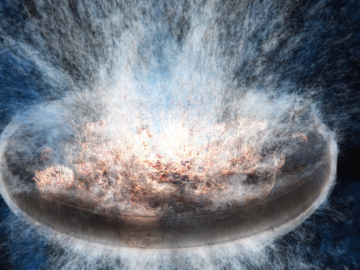
A trio of new and improved cosmological simulation codes was unveiled in a series of presentations at the annual April Meeting of the American Physical Society in Minneapolis.
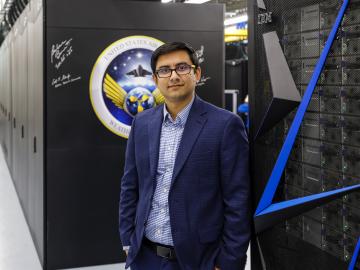
Climate change often comes down to how it affects water, whether it’s for drinking, electricity generation, or how flooding affects people and infrastructure. To better understand these impacts, ORNL water resources engineer Sudershan Gangrade is integrating knowledge ranging from large-scale climate projections to local meteorology and hydrology and using high-performance computing to create a holistic view of the future.
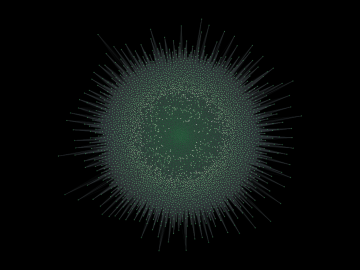
Using disinformation to create political instability and battlefield confusion dates back millennia. However, today’s disinformation actors use social media to amplify disinformation that users knowingly or, more often, unknowingly perpetuate. Such disinformation spreads quickly, threatening public health and safety. Indeed, the COVID-19 pandemic and recent global elections have given the world a front-row seat to this form of modern warfare.


